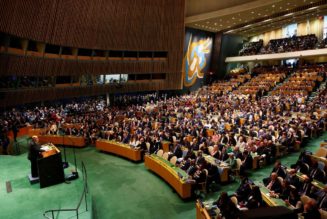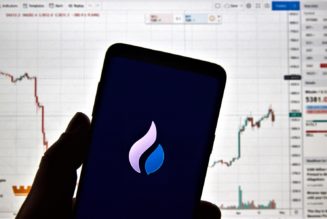
The recent downgrade of Kenya’s credit rating by Moody’s from B3 (Highly Speculative) to Caa1 (Substantial Risk) signals a critical juncture for fiscal and economic policies.
This development, triggered by Gen Z protests and concerns over the Finance Bill 2024, underscores the delicate balance between government revenue needs and citizens’ willingness to contribute.
At its core, this downgrade carries profound implications for Kenya’s economic future. In the realm of international finance, such moves typically herald higher borrowing costs as lenders demand greater compensation for increased risk.
For Kenya, this could initiate a troubling cycle: elevated interest payments on debt may siphon funds from vital public services and investments, potentially stifling economic growth and further straining public finances.
The crux of Moody’s decision lies in the anticipated reduction of tax revenues, which could impair Kenya’s ability to service its debt.
This predicament illuminates a fundamental economic challenge: how to reconcile the government’s fiscal requirements with the capacity and willingness of its citizens to pay taxes.
In response to this crisis, a multifaceted approach touching on key economic principles needs to be devised. Some economic policy experts have suggested of radical spending cuts, while appealing to fiscal hawks.
This raises concerns and caution against drastic reductions during economic downturns must be carefully implemented. Such measures risk deepening recessions by suppressing aggregate demand. However, targeted cuts in areas of inefficiency could yield benefits without severe economic repercussions. Equally crucial is the need to show value for taxes paid.
This concept taps into the economic notion of the “social contract” between citizens and the state. When individuals perceive adequate returns on their tax contributions through public services, they are more likely to view taxation as legitimate and comply with tax laws.
The current situation in Kenya, with citizens resorting to private solutions for basic services, suggests a breakdown in this social contract leading to what economists term a “low-level equilibrium trap,” where poor public services diminish the willingness to pay taxes, perpetuating a cycle of inadequate funding and subpar services.
Kenya’s path forward calls for more than mere policy adjustments—it necessitates a fundamental reimagining of the relationship between the government and its citizens.
Building a more trusted government touches on the economic concept of “credible commitment.”
Administrations that can reliably fulfil policy promises and demonstrate competence are more likely to gain public trust and support for their economic agenda. This, in turn, can attract increased domestic and foreign investment, fostering a more stable economic environment.
From a long-term perspective, Kenya’s situation exemplifies the complex interplay between governance, public finance, and economic growth. These challenges, while not unique to Kenya, are common in many developing economies. The emphasis on the importance of building strong institutions, fostering human capital, and creating an environment conducive to private sector growth as key drivers of sustainable economic development, cannot be gainsaid.
However, it’s crucial to recognize that economic transformations require time and persistence. Quick fixes are rare in economic policy, and sustainable changes often demand consistent effort over years or even decades.
With thoughtful reforms and a steadfast commitment to rebuilding trust, Kenya has the potential to emerge stronger, charting a course toward sustainable economic growth and stability.









